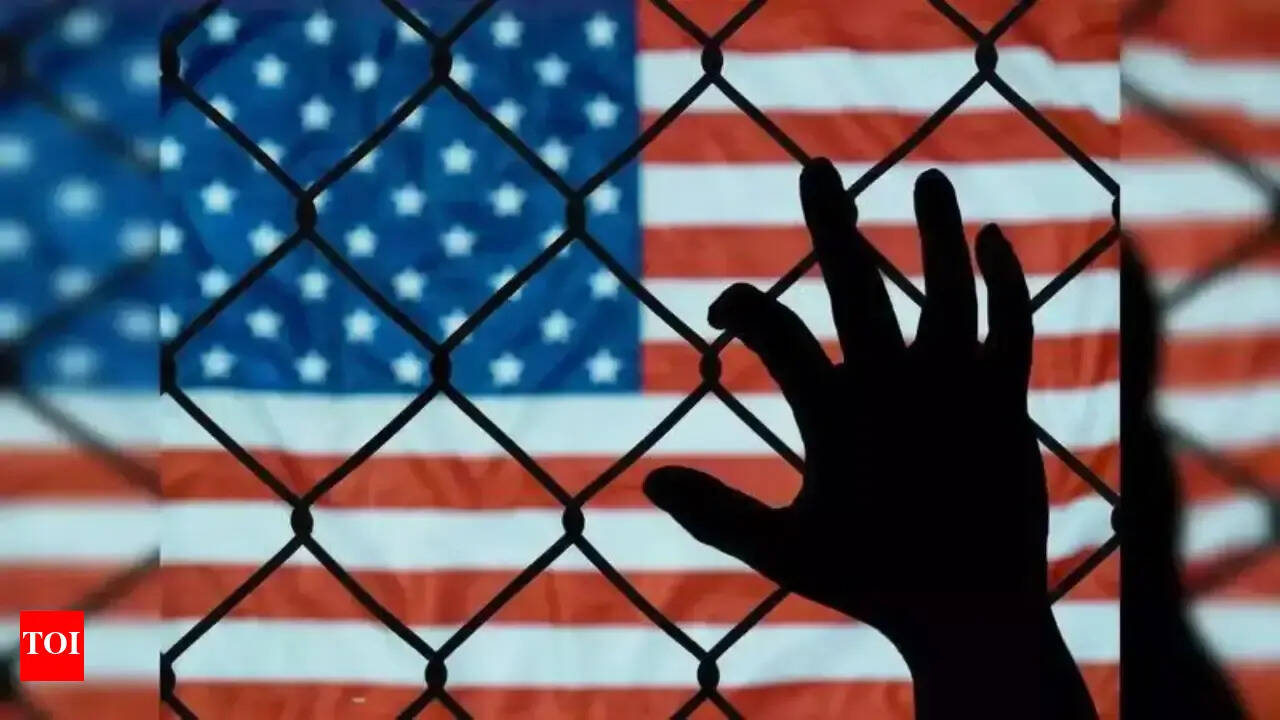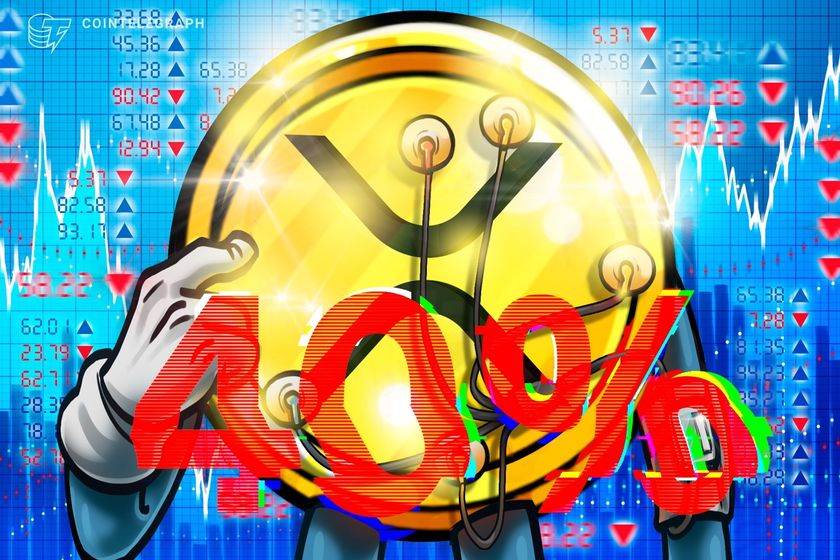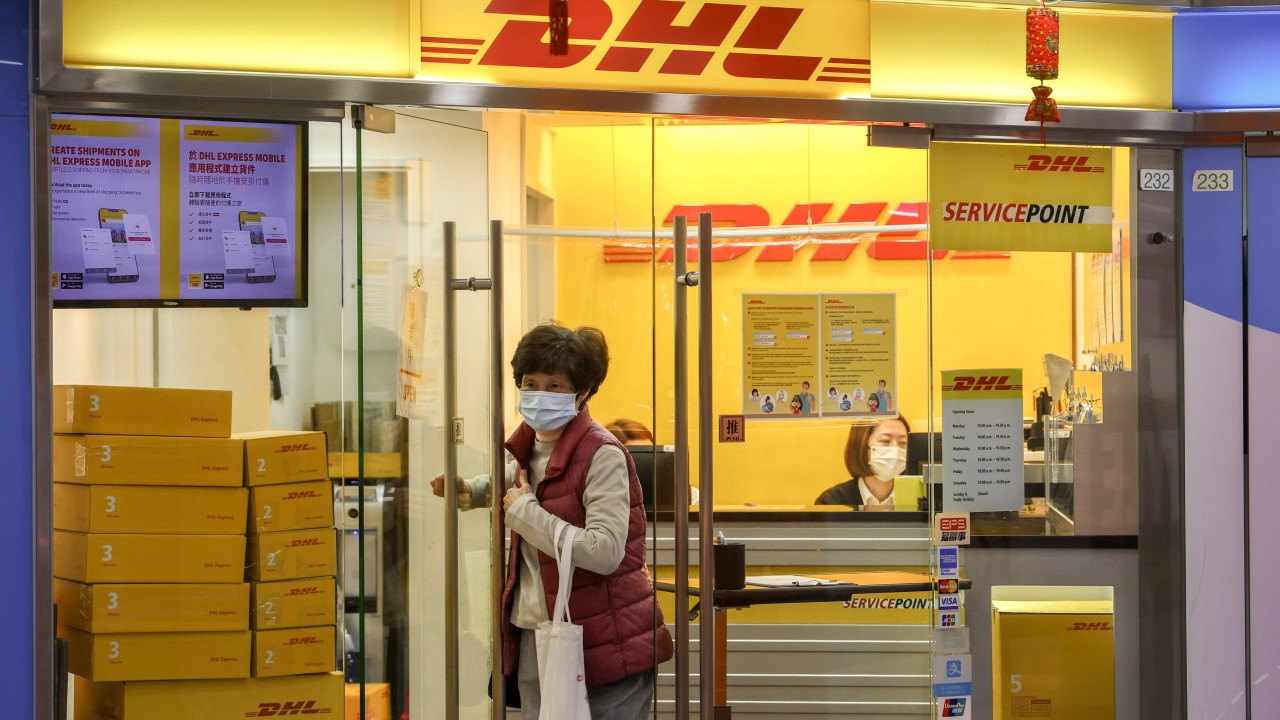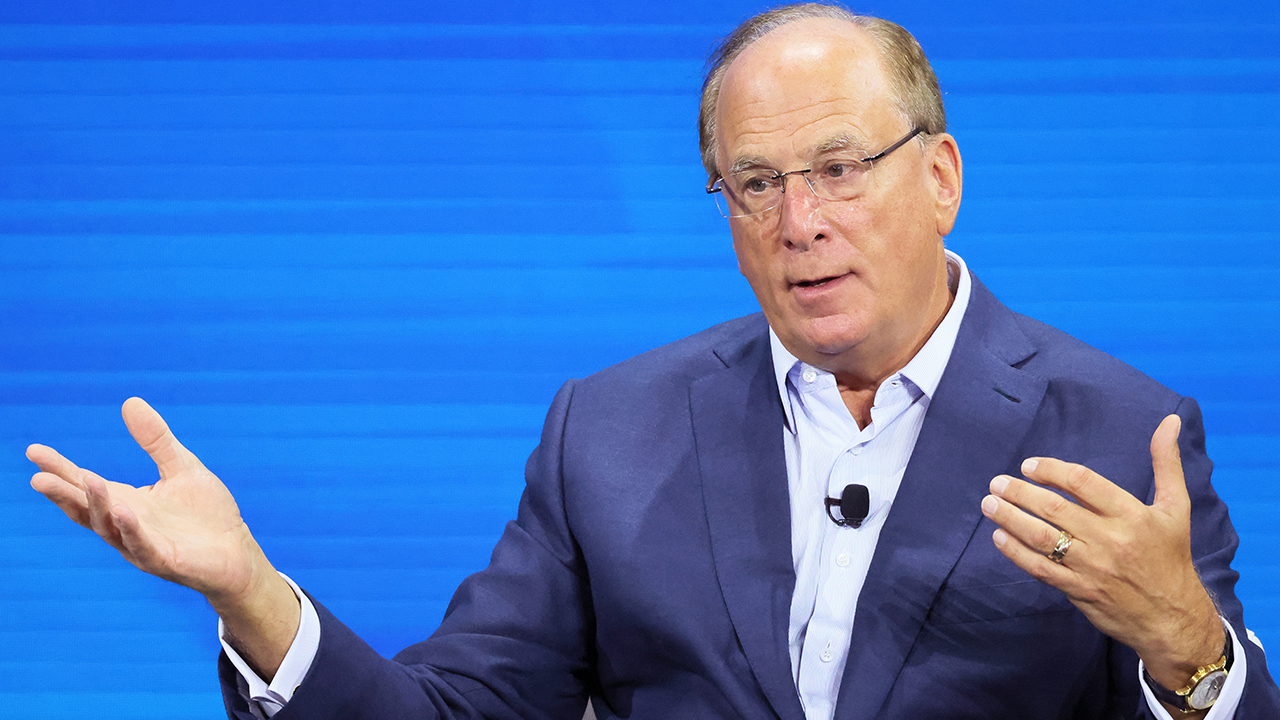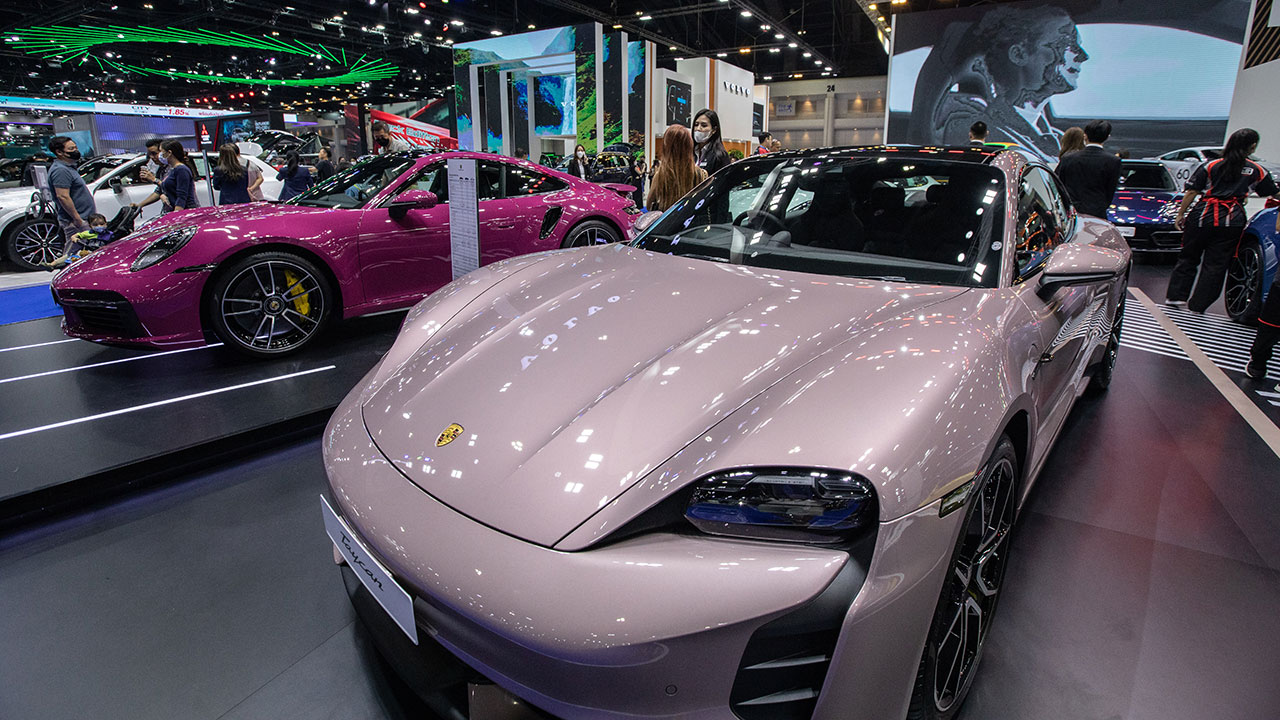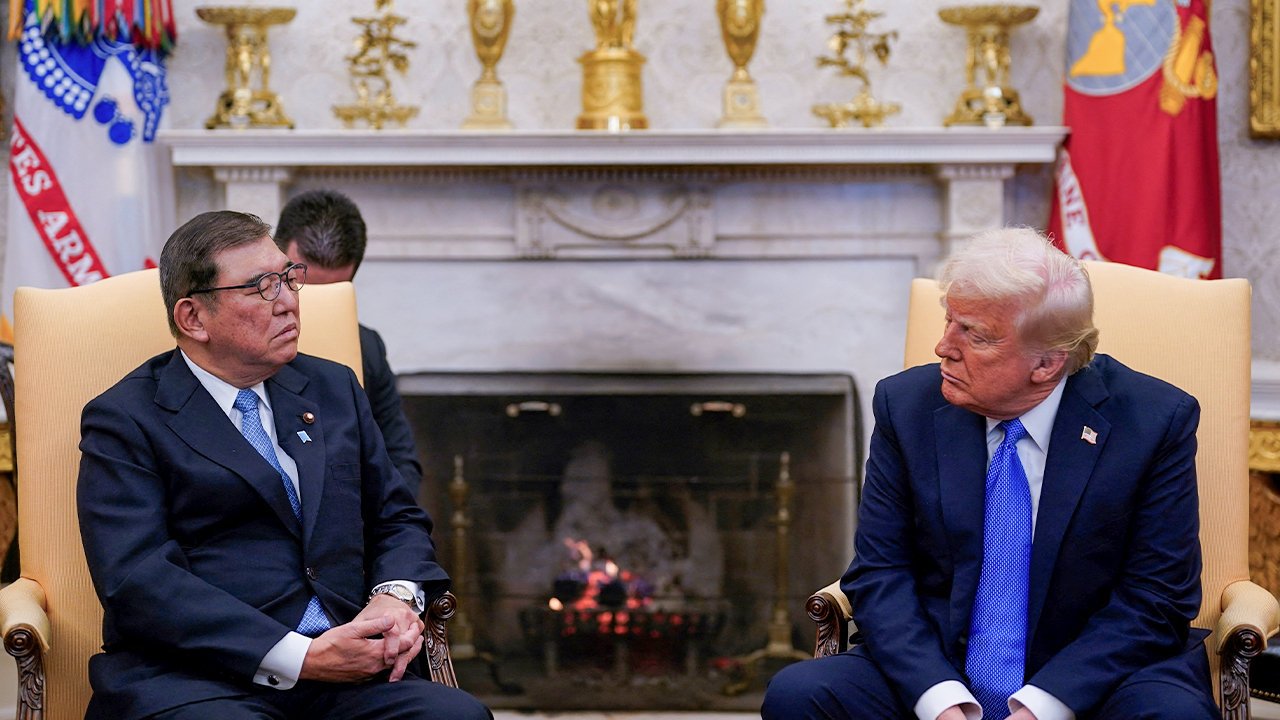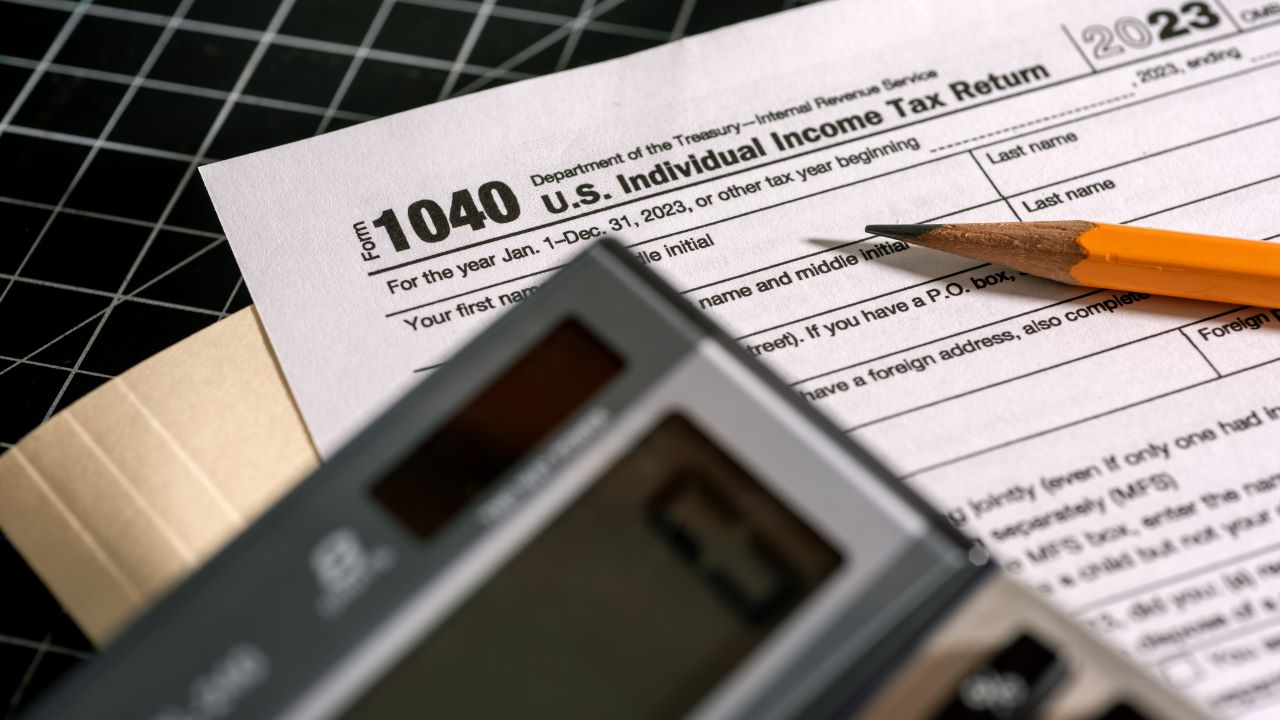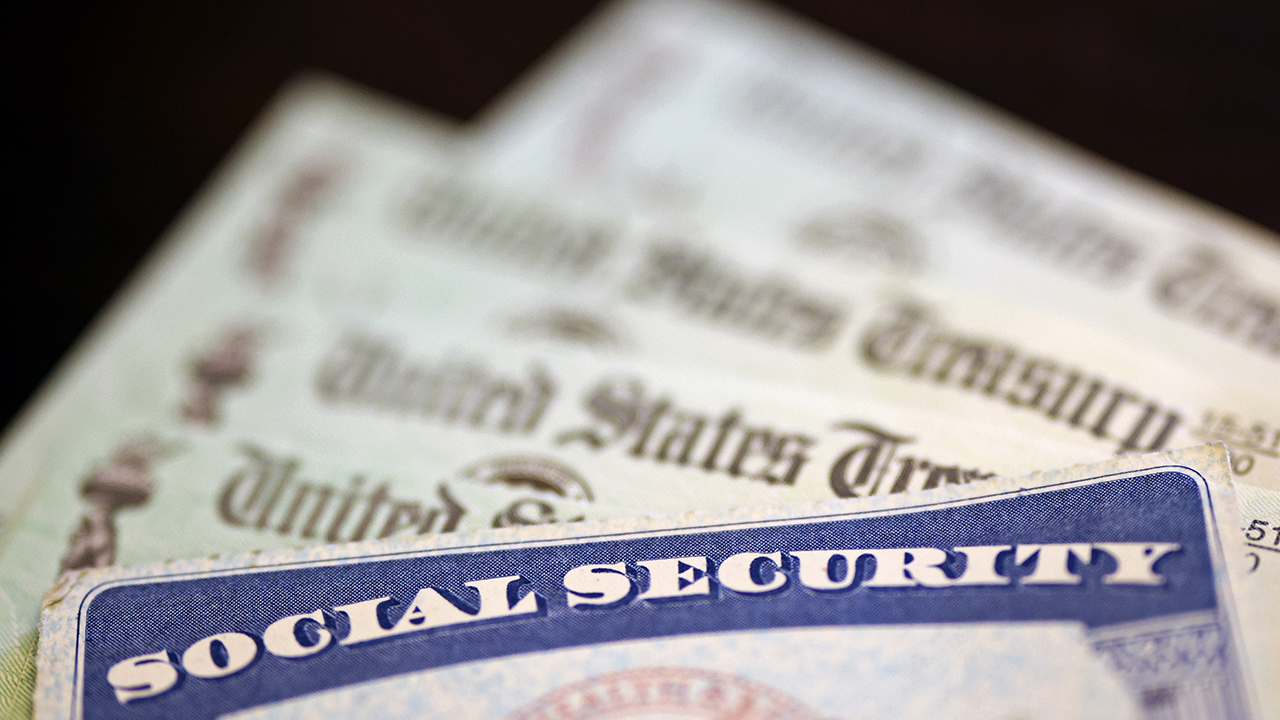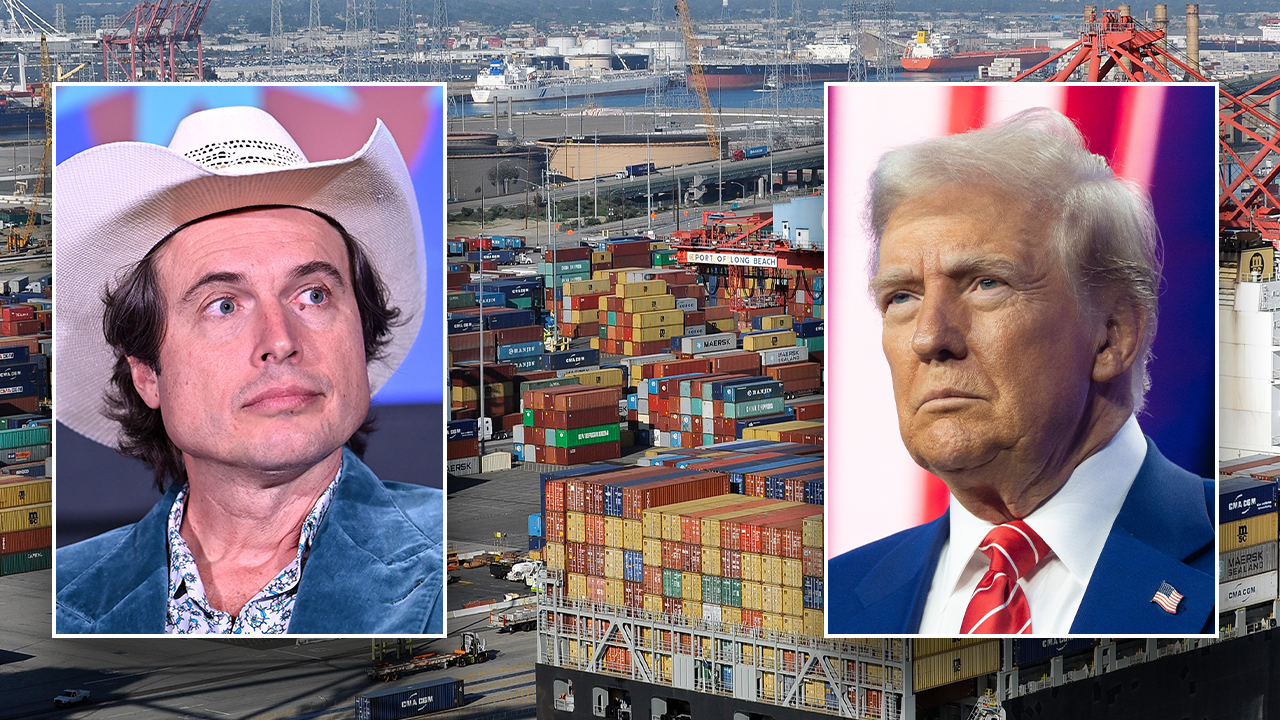China poised to interfere as Trump seeks tariff deal with EU, experts warn
China and the European Union may be looking to strengthen trade ties as Beijing looks to ramp up exports to the EU as trade with the U.S. falters under severe tariffs.
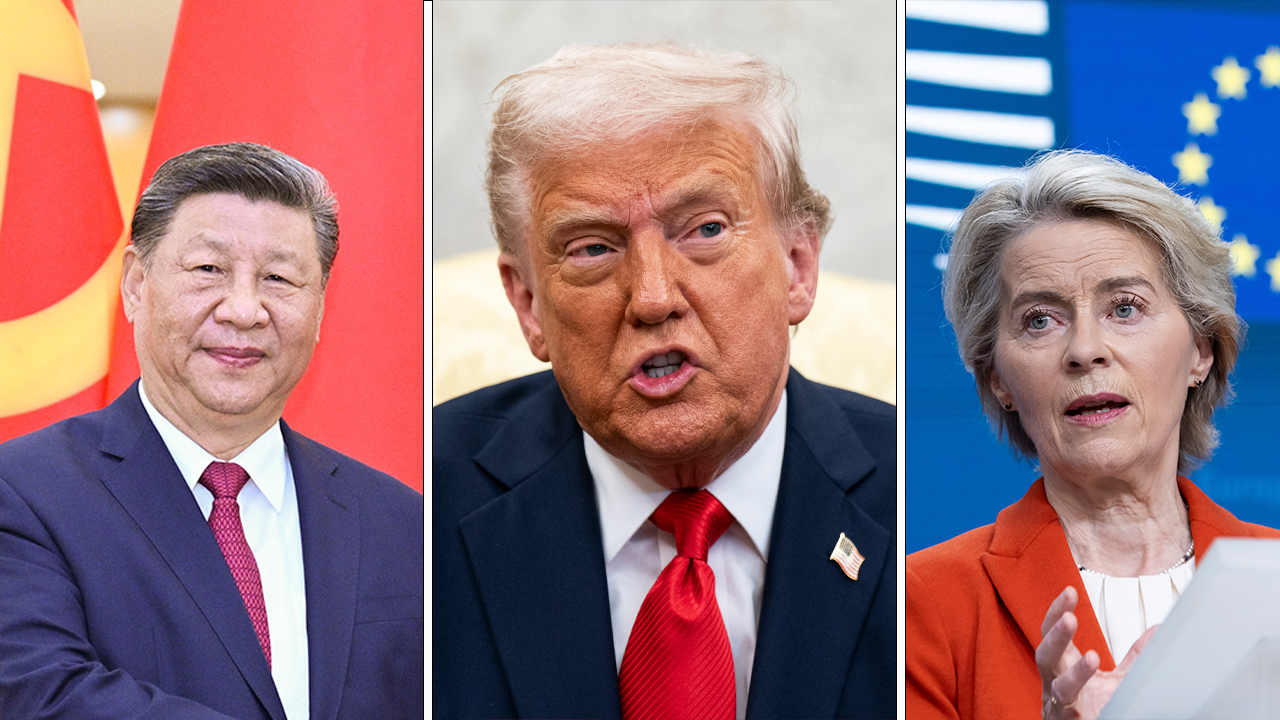
President Donald Trump said this week that a trade deal with the European Union would "100% happen" as the continent looks to avoid the 20% tariffs set to be enacted come July.
But as China looks to navigate a world in which it operates under 145% tariffs, it is likely looking to expand its trade ties with the EU, and could look to interfere in Trump’s plans for an EU deal.
The sweeping tariffs enacted by Trump this year on essentially every U.S. trading partner, as well as blanket tariffs on imports like steel, aluminum and automobiles, have changed the way traditional allies view Washington — with some in Europe questioning the reliability of the longtime ally.
TRUMP HINTS END OF TARIFF SPAT WITH CHINA MAY BE IN SIGHT, SAYS TIKTOK DEAL MUST WAIT
China could look to utilize any potential changes in geopolitical allegiances when it comes to circumventing the tariff war between the world’s two largest economies.
"Given the electoral politics in Europe, it may be hard for some European leaders to appear weak with Trump. Making a pivot to China — risky though it is — could be tempting," Elaine Dezenski, senior director and head of the Center on Economic and Financial Power at the Foundation for Defense of Democracies, told Fox News Digital.
"Trump’s aggressive global tariffs have angered traditional allies and rebuilding that trust may be difficult, even though many in Europe are clear-eyed as to the risks of Chinese economic engagement," she added. "However, given China’s economic pressures, it may be willing to offer a deal that Europe finds too hard to turn down."
Dezenski explained that if China is willing to enter into an agreement with the EU, like agreeing to increase EU imports, leaders on the continent may find China’s 1.4 billion consumers a more intriguing market than U.S.’ "wealthier but smaller consumption base."
But there is a separate element that the EU will be looking to counter when it comes to the U.S.-China tariff war — Beijing’s dumping in the European market.
US ALLIES LINE UP FOR TRADE DEALS DURING THE 90-DAY TARIFF PAUSE
Dumping refers to the practice of selling goods in another country at a price that is lower than what domestic production allows — a strategy the EU has long looked to block China from utilizing when it comes to items like solar panels, electric vehicles and consumer electronics.
The EU’s President of the European Commission, Ursula von der Leyen, expressed a similar concern in a phone call with Chinese Premier Li Qiang last week, in which she "emphasized China's critical role in addressing possible trade diversion caused by tariffs, especially in sectors already affected by global overcapacity."
"She also recalled the urgency for structural solutions to rebalance the bilateral trade relationship and ensure better access for European businesses, products and services to the Chinese market," a readout of the call released by the EU said.
Though Chinese exports to the U.S. surged in March by more than 12% in comparison to the same time last year, this is expected to drastically reduce as U.S. consumers could soon see surging price tags, as the effects of the trade war are expected to escalate.
A decrease in Chinese exports to the U.S. could mean Beijing may look to significantly divert those products to the European market.
While the issue of EU tariffs on China did not appear to have arisen in von der Leyen’s discussion with Li, some reporting has suggested that the bloc may also consider enforcing tariffs on Beijing if it begins dumping products across the EU as exports to the U.S. slow.
TRUMP SAYS EU AND US WILL HAVE ‘VERY LITTLE PROBLEM’ REACHING TRADE DEAL AGREEMENT
"European resistance to Chinese dumping is making some on the continent cautious," Dezenski confirmed. "China will have to offer something better in exchange, and that may well be a willingness to increase its imports from Europe."
"China has resisted opening its markets, favoring domestic producers, but they will face increasing pressure to address massive trade imbalances," she added.
The EU’s trade deficit with China in 2024 equated to some $345 billion, meaning Europeans imported far more from Beijing than China imported from the continent.
But even as China attempts to improve trade relations with the EU, Europeans have become increasingly frustrated by Chinese dumping over the last several decades, which, according to Steve Yates, senior research fellow for China and National Security Policy at The Heritage Foundation, "makes it unlikely that the EU and China have much room to expand, regardless of U.S. pressure."
But more significantly, Yates argued that the "EU and China cannot offset the U.S. market by expanding exchange between each other. Not by a long shot."
"With both the EU and China, it is the enormous draw of the U.S. consumer market that provides the fuel for growth. Neither of them can thrive, or possibly survive, without reliable and relatively unfettered access to U.S. consumers," he said. "That is the powerful leverage that President Trump is wielding in these negotiations."
What's Your Reaction?

















